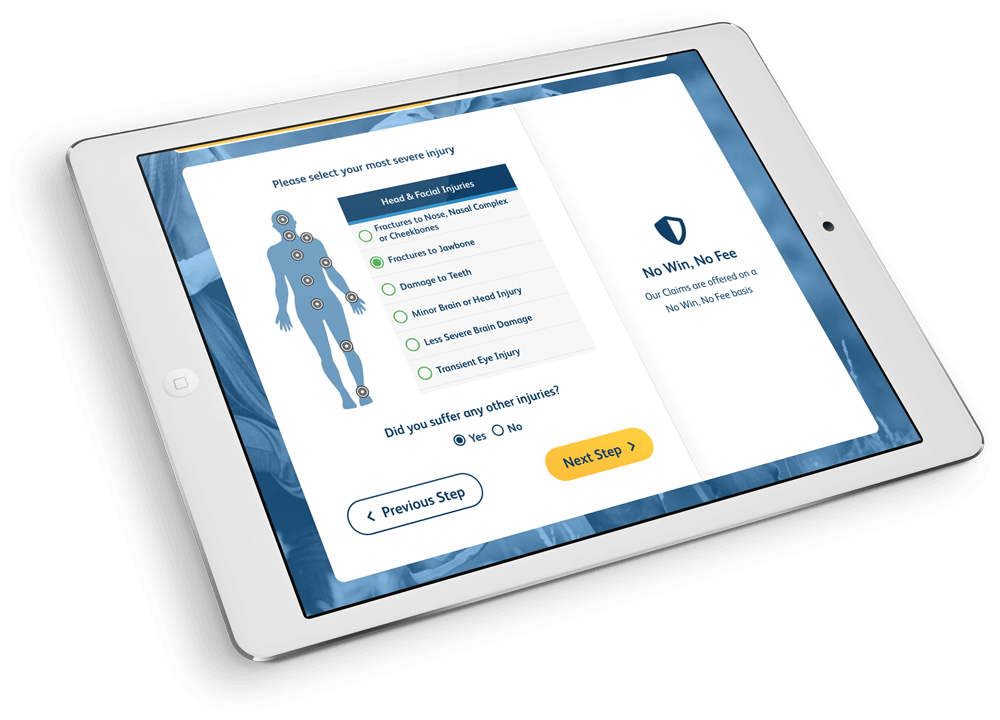Enterprise and Regulatory Reform Act 2013 – Is it fair, just and reasonable?
A man in his 40s who had died after sustaining injuries while operating machinery in a factory in Newton Le Williows. The victim, in his 40’s, caught his arm while operating machinery. The HSE and Merseyside police are currently investigating the incident. However, even if the machinery is found faulty, due to the recent government reforms, there is likely to be little comfort brought to the family of the deceased.
Previous case law
Under previous case law, a claimant only needed to show that work equipment was defective, not necessarily negligence of their employers. However since 1 October 2013, people injured or killed in the course of their employment will be unable to establish civil liability purely on the basis of health and safety regulatory breaches under section 69 of the Enterprise and Regulatory Reform Act. The government’s intention is that claimants will have to return to using the common law and prove their employer has been negligent, otherwise their claim will fail.
Stark –v- Post Office
Mr Stark, a postman when his cycle front brake snapped in two, the front wheel locked and Mr Stark was thrown over the handlebars. The bicycle was supplied by the Post Office.
The brake had snapped because of metal fatigue or manufacturing defect and the defect would not and could not have been discoverable on any routine or rigorous inspection. The court found the Post Office had done their best to maintain the bike and had done everything they could to check for faults.
Appeal
On appeal, the question for the court was whether the Post Office had breached their statutory duty under regulations 6 of the Provision and Use of Work Equipment Regulations 1992 that says that “Every employer shall ensure that work equipment is maintained in an efficient state, in efficient working order and in good repair”. Was that an absolute duty, or a duty just to take reasonable steps to keep the equipment in good order?
The Court said the duty was not breached as it required a reasonable level of maintenance. But the Court of Appeal have overturned the decision and ruled that the regulation imposes an absolute duty, and, since the bike broke, the employers must have been in breach. The Court had to interpret both European and UK law. Even though the Directive did not require an absolute duty, the Directive imposed minimum standards and specifically said that where domestic law provided for greater protection, the Directives did not seek to reduce that protection. Since the wording in the Regulation used words that in other UK health and safety law imposed an absolute duty, Regulation 6 could be interpreted in light of UK case law that where an employer “shall ensure”, the duty imposed by the regulation is an absolute one. Parliament had written an absolute duty and it must be assumed that was intended. The employer was in breach and Mr Stark got his compensation
Employees and civil claims
Employees were entitled to bring civil claims for damages against employers who were in breach of certain health and safety regulations, even if the employer had taken reasonable steps to protect their employees. With today’s changes, this position has been reversed – no civil claim can be brought for breach of a health and safety statutory duty unless the regulation expressly provides for it. This means, in most cases, employees will now have to prove that the employer was negligent and that the injury and loss were caused by that negligence.
The effect of such reforms will undoubtedly cause ructions and make establishing liability against employers increasingly difficult. While there is recourse to prosecute for corporate manslaughter, with only 4 convictions in the past year, and fines seemingly being the harshest sentence imposed on employers who should have taken further steps to protect their dutiful employees in is hard to see how the government reforms will help innocent victims of negligence seek the compensation they rightly deserve.
Accident at work compensation claims
Should you, or someone you know, have been affected by an accident at work our Employee Liability Team are here to provide expert, confidential & free advice now. Call 0800 888 6888 or email





